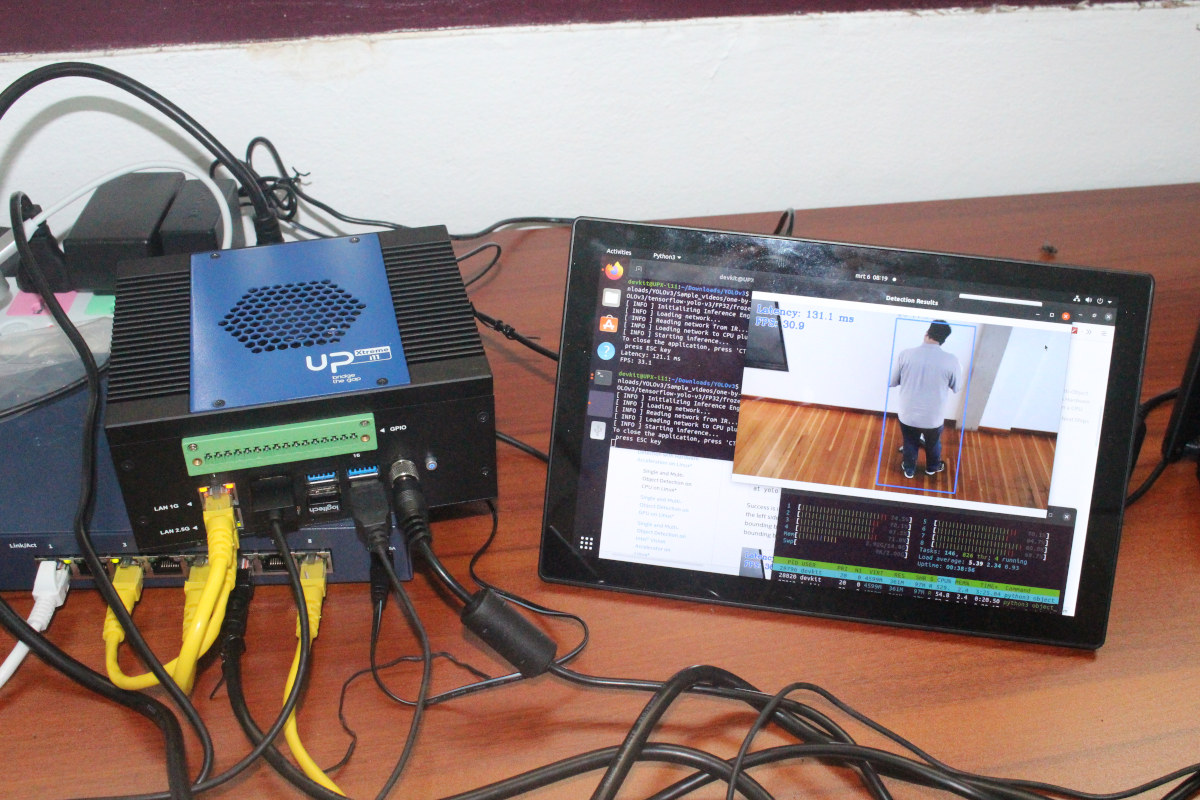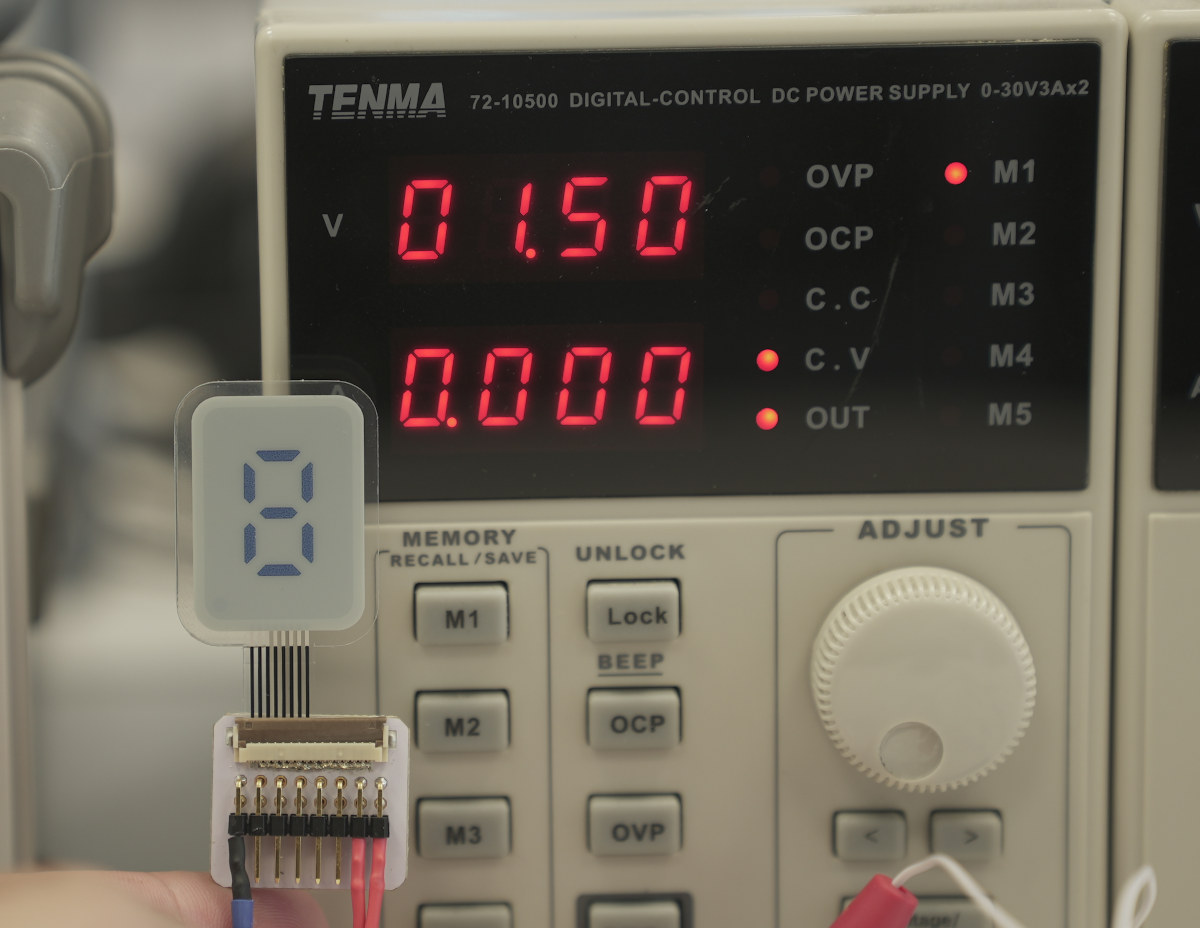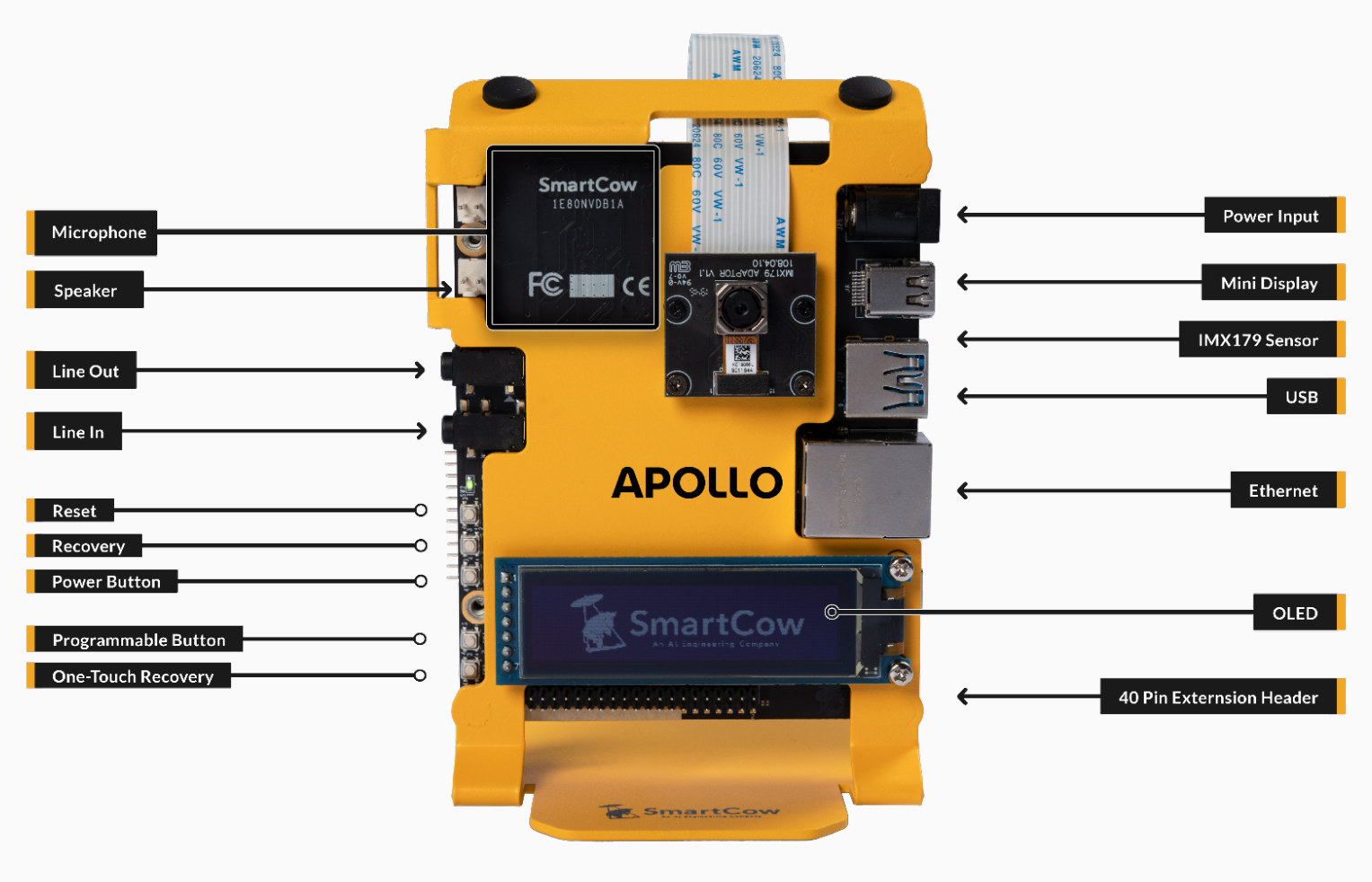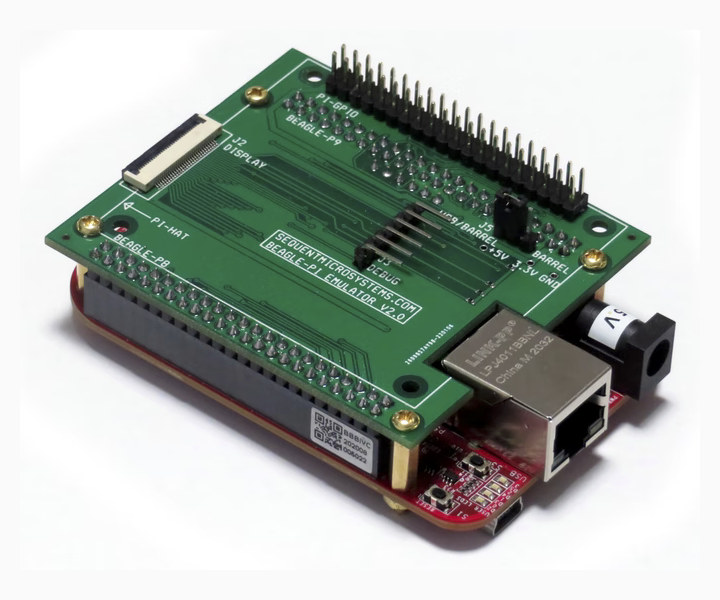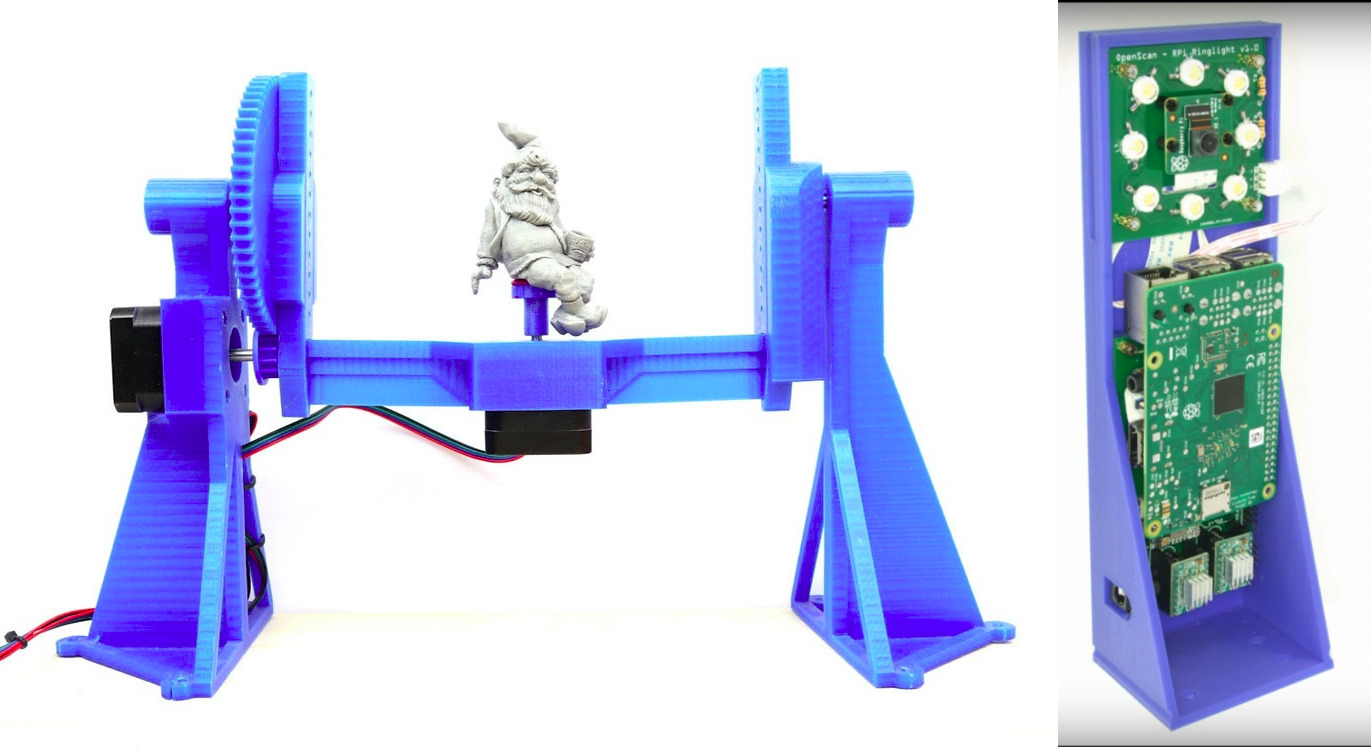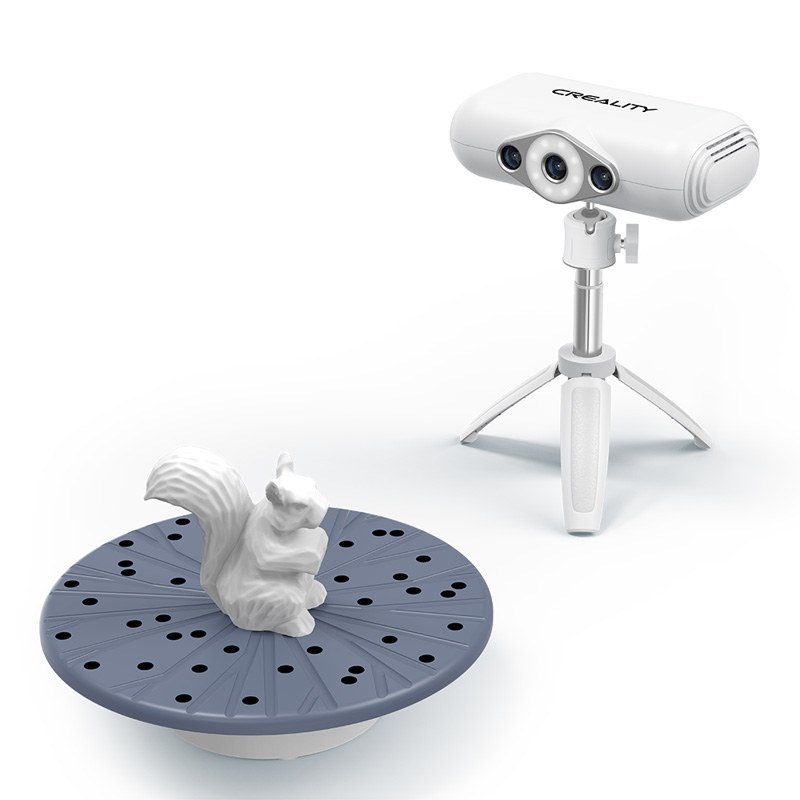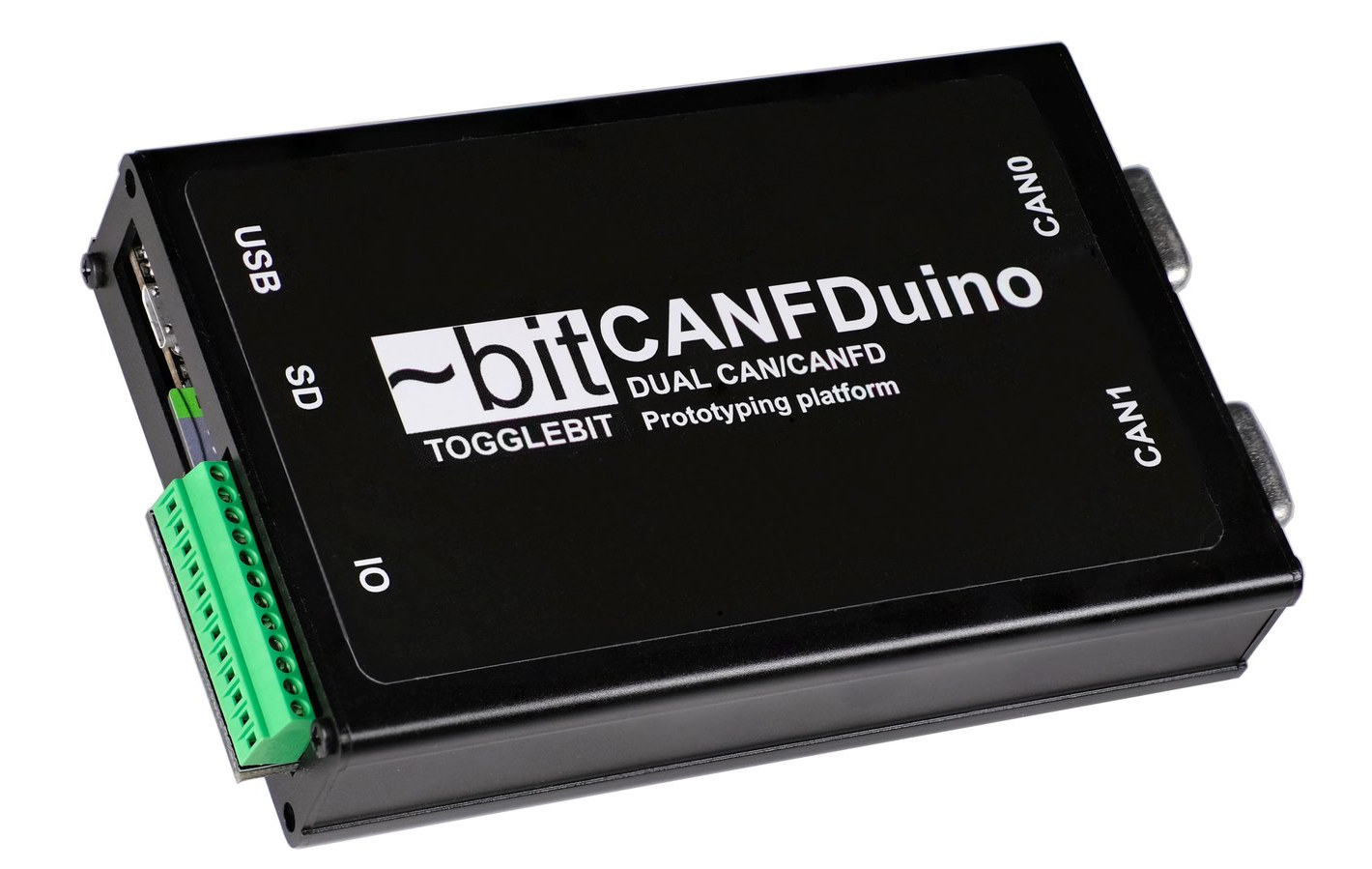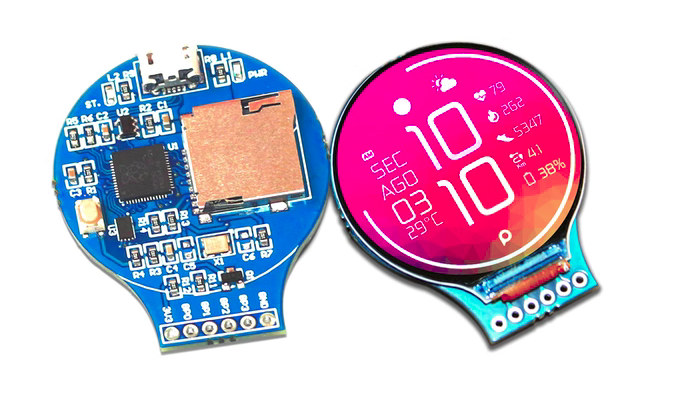UP Xtreme i11 is both a single board computer and a mini PC powered by an Intel Tiger Lake processor and designed for industrial edge applications. I received the one sample of the mini PC called “UP Xtreme i11 Edge Compute Enabling Kit” last December based on an Intel Core i7-1185GRE processor, fitted with 16GB RAM, a 128GB SSD, and pre-loaded with Ubuntu 20.04 operating system. I’ve now had more time to play with the system, and I’ll report my experience with Ubuntu 20.04 and Edge Insights for Vision, a computer vision framework that’s part of the getting started guide. The latter was missing from my package possibly because customs opened the package, and forgot to put it back in. The most important part is “devkit” is used as username and password. Software for UP Xtreme i11 and Fan Control While Ubuntu 20.04 is pre-installed on the mini PC, it’s […]
Ultra-low power printed flexible E-paper displays work with Arduino
Ynvisible Interactive will soon release upgrades to their printed flexible E-paper displays that consume 50% less energy per switch and can last 10 longer when switched on and off, with the company claiming to offer the lowest energy-consuming displays in the e-paper industry. Those displays are mostly used in specific industries such as digital signage, smart monitoring labels, authenticity & security, and retail. While we have very little information about the new upgrades, I’ve noticed the company is offering a development kit with several “ultra-low-power, thin and flexible Segment E-Paper Displays”, so let’s have a look. Here are some of the specifications of the displays part of the kit: White Reflectance – 40% Contrast Ratio (Yb/Yd) – 1:3 Angle Dependency – No, lambertian Thickness – 300 μm (0.3 mm) Graphical layout – Segments with 1mm to 100mm dimensions Response time – 100-1000 ms Driving voltage – 1.5 V (direct drive) […]
SmartCow Apollo – A Jetson Xavier NX devkit for conversational AI, computer vision
SmartCow Apollo is an audio/video AI engineering kit based on NVIDIA Jetson Xavier NX computer module designed for applications with conversational AI capabilities, such as speaker recognition and sentiment analysis. But considering a camera is included, computer vision applications should also be possible. The development kit comes with a 128GB NVMe SSD, four microphones, two speaker terminals, two 3.5mm phone jacks, an 8MP camera module, and a 2.08-inch OLED display with everything housed in a frame that keeps the module and accessories like that camera upright. SmartCow Apollo specifications: NVIDIA Jetson Xavier NX system-on-module CPU – 6-core NVIDIA Carmel ARMv8.2 64-bit CPU with 6MB L2 and 4MB L3 cache GPU – NVIDIA Volta architecture with 384 NVIDIA CUDA cores and 48 Tensor cores Memory – 8 GB or 16GB 128-bit LPDDR4x Storage – 16 GB eMMC 5.1 flash Display 1x Mini DP port 7-pin SPI header for OLED display (included) […]
Beagle-Pi Emulator is a Raspberry Pi HAT adapter for BeagleBone Black (Crowdfunding)
We recently reported the Raspberry Pi boards were getting really expensive due to a lack of supply, and the problem has gone on for while without a clear idea when the issue will be resolved. This does not help Raspberry Pi HAT manufacturers, and for instance, Sequent Microsystems has made Raspberry Pi HATs over the years most models with multiple relays, but also others for temperature sensors, and others automation applications. One solution would be to use compatible boards like ODROID-C4 or Rock64, but Sequent Microsystems found out the BeagleBone Black Industrial was well-stocked by various distributors, and instead, they designed the “Beagle-Pi Emulator” adapter to use Raspberry Pi HAT on the Texas Instruments Sitara AM3358 board. An adapter is needed because the BeagleBone Black boards are equipped with two 46-pin headers instead of the 40-pin header on Raspberry Pi SBC’s. The expansion board routes I2C, SPI, four serial […]
OpenScan DIY 3D scanner works with Raspberry Pi, DSLR, or smartphone cameras
OpenScan is an open-source DIY 3D scanner that relies on Photogrammetry and works with Raspberry Pi camera modules, compatible ArduCam modules, as well as DSLR cameras, or the camera from your smartphone. The open-source project was brought to my attention after I wrote about the Creality CR-Scan Lizard 3D scanner. The OpenScan kits include 3D printed parts such as gears, two stepper motors, a Raspberry Pi shield, and a Ringlight module to take photos of a particular object from different angles in an efficient manner. The OpenScan Classic kit above allows for 18x18x18cm scans and comes with the following components: 1x Nema 17 Stepper Motor (13Ncm) 1x Nema 17 Stepper Motor (40Ncm) 2x A4988 Stepper driver 1x Power Supply 12V/2A (5.5-2.5mm plug) 1x Optional Bluetooth remote shutter control for smartphones If you’re going to use the Raspberry Pi as shown on the right side of the image, you’ll also need […]
Creality CR-Scan Lizard 3D scanner works on black objects, offers up to 0.05 mm accuracy (Crowdfunding)
When we first looked at 3D scanners a few years ago, products that provided decent results were fairly expensive. But at the end of last year, we covered the Revopoint POP 2 color 3D scanner that appears to offer good scans at a relatively affordable (~$420) price point. Creality, more known for its 3D printers, has now introduced the CR-Scan Lizard 3D scanner with a similar or even lower pricing point, an accuracy of up to 0.05mm, support for scanning of dark/black objects, as well as an optional color kit to scan objects with full colors. Creality CR-Scan Lizard specifications: Accuracy – Up to 0.05 mm Single capture range/area – 200 x 100 mm Point distance – 0.1 to 0.2 mm Working distance – 150 to 400 mm Minimum scan volume – 15 x 15 x 15 mm Scan speed – Up to 10 fps Light source – LED + […]
CANFDuino – A Dual CAN Arduino based platform with enclosure, proto area (Crowdfunding)
CANFDuino is an Arduino-compatible dual CAN bus platform with CAN FD support that can be used for both prototyping and deployment on the field thanks to its rugged aluminum enclosure, two DB9 CAN connectors, an IO terminal block. The board is powered by a Microchip SAMC21G18A microcontroller with CAN-FD support, a MicroSD card slot, a micro USB port, various analog and digital I/O, as well as a prototyping area allowing users to solder their own components to the board if needed. CANFDuino specifications: MCU – Microchip SAMC21G18A Arm Cortex-M0+ microcontroller @ up to 64 MHz with 32KB SRAM, 256KB flash Storage – MicroSD card slot I/Os 2x DB9 connectors with CAN/CAN-FD up to 5 Mbps 12-way screw terminal block IO Through holes with 10x analog inputs Up to 24 digital IO w/14x PWM 2x UART (+1 UART2USB) 1x I2C,1x SPI 3.3V and 5V supplies Prototyping area for soldering extra […]
Round color LCD board comes in Raspberry Pi RP2040 or ESP8266 flavor (Crowdfunding)
Roundy is a board with a 1.28-inch round color LCD with 240 x 240 resolution that is offered with either a Raspberry Pi RP2040 MCU or an ESP-12E WiFi module, with the variants respectively called RoundyPi and RoundyFi. Both boards come with a micro USB port for power and programming, a button for flashing the firmware, and six pins with power signals and four GPIOs. One difference is that the Raspberry Pi RP2040 board includes a MicroSD card for data storage. Roundy specifications: MCU / module RoundyPi – Raspberry Pi RP2040 dual-core Cortex-M0+ microcontroller @ up to 133 MHz with 256KB SRAM RoundyFi – ESP-12E module with ESP8266 microcontroller @ up to 160 MHz with 160KB SRAM, 4MB SPI flash External storage (RoundyPi only) – MicroSD card socket Display – 1.28-inch round LCD with 240 x 240 resolution, 65k colors; GC9A01 SPI display driver. (It appears to be that model) […]


